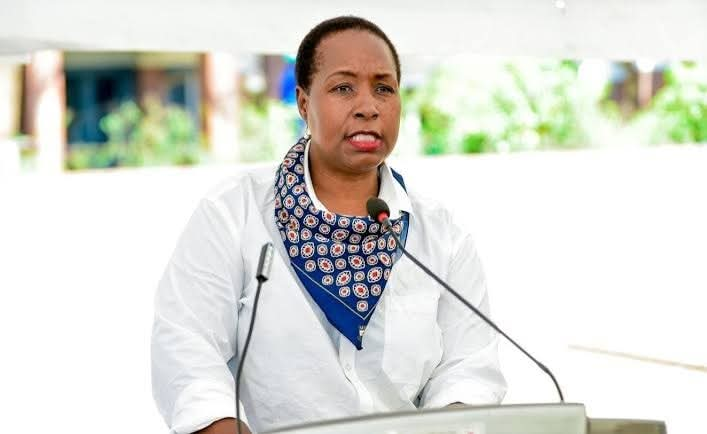By Burnett Munthali
Labour Minister Agness NyaLonje has made headlines with her recent resignation from President Lazarus Chakwera’s cabinet, citing three major reasons that reflect both personal and political concerns. According to sources from The Investigator Magazine, NyaLonje’s departure is rooted in the death of Vice President Saulos Chilima, rampant corruption within the government, and issues surrounding the controversial Israel labour export deal, which reportedly involved demands from Malawi Congress Party (MCP) officials for the inclusion of their relatives in the programme.
1) The death of Vice President Saulos Chilima
The unexpected death of Vice President Saulos Chilima has had a profound emotional impact on the Malawian political landscape. NyaLonje, who was seen as an ally of Chilima, expressed that his passing created a significant leadership void. The vice president was known for his forward-thinking initiatives and advocacy for various social issues. His loss not only affects the morale of the government but also has raised questions about the future direction of the administration, which NyaLonje feels she can no longer support effectively.
2) Concerns over corruption
Another pressing reason for NyaLonje’s resignation is her growing frustration with the level of corruption within the government. Reports suggest that she has been increasingly concerned about unethical practices that undermine the integrity of the administration. NyaLonje has been a vocal advocate for transparency and accountability in government operations. Her decision to resign indicates a deep-seated disillusionment with what she perceives as a culture of corruption that is incompatible with her values and her commitment to serving the Malawian people.
3) Controversy surrounding the Israel labour export deal
NyaLonje’s resignation is also closely tied to the contentious Israel labour export deal. Sources have indicated that some officials within the MCP have been demanding the inclusion of their relatives in this labour export programme, raising concerns about nepotism and favoritism. NyaLonje has expressed strong opposition to such practices, believing they compromise the programme’s legitimacy and undermine its goal of providing fair employment opportunities for Malawians abroad. Her stance against these demands highlights her commitment to ensuring that government initiatives operate on principles of fairness and meritocracy.
Implications of Nyalonje’s resignation
Agness NyaLonje’s resignation signals a growing rift within President Chakwera’s cabinet and underscores the challenges the administration faces in maintaining public trust and effective governance. Her departure, coupled with the loss of Chilima and ongoing issues related to corruption and nepotism, poses significant questions about the future of the administration and its ability to deliver on its promises.
As the political landscape in Malawi continues to evolve, NyaLonje’s resignation may serve as a catalyst for broader discussions about accountability and reform within the government. The implications of these issues will likely reverberate throughout the political arena, potentially affecting upcoming policies and the administration’s overall stability.
In conclusion, Agness NyaLonje’s resignation from President Chakwera’s cabinet sheds light on significant concerns regarding leadership, integrity, and ethical governance in Malawi. As the nation grapples with the loss of Vice President Chilima and the challenges of corruption and nepotism, the political landscape remains fraught with uncertainty and the need for reform.




